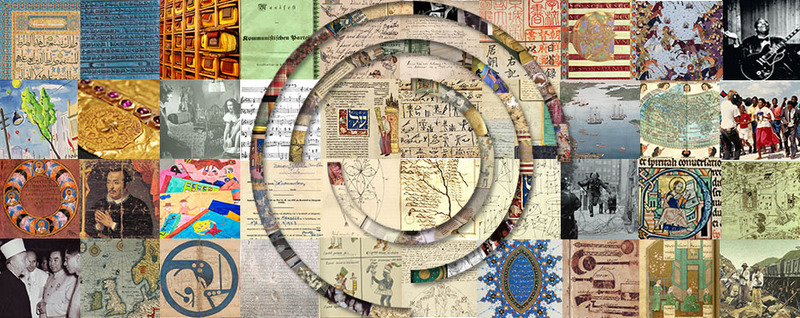
EU adopts new rules to significantly cut packaging waste with re-use targets
The European Union has formally adopted a regulation on packaging and packaging waste. The new ...

Egypt’s Memory of the Suez Canal is among the UNESCO’s 12 amazing adventure that will take children around the globe to discover the ‘Memory of the World’. These adventures are meant to promote active learning about cultural heritage.
UNESCO teamed up with Barbanera to launch the e-calendar which is based on 12 items from the Memory of the World (MoW) International Register, which consists of important historical materials from around the globe.
Each month Nala and Leo, two young characters, take their fellow children to a different part of the world, where they discover a local treasure and learn about what it signifies as part of the world’s collective history.
Libraries, archives, museums as well as primary and middle schools can use the e-calendar to promote active learning about cultural heritage, thereby promoting intercultural dialogue and global citizenship among children, while offering them an engaging and fun learning experience.
The 12 months are filled with informative pop-ups, games and fun activities that encourage children to reflect on what they have learned and connect it to their daily lives.
The e-calendar covers the following items from the MoW International Register; Panji Tales Manuscripts (Cambodia, Indonesia, the Netherlands, Malaysia and the United Kingdom), The Phoenician Alphabet (Lebanon), Memory of the Suez Canal (Egypt), A collection of Ancient Maps from the Wajar Era (Islamic Republic of Iran), Collection of Old Postcards from West Africa (Senegal), Aral Sea Archival Fonds (Kazakhstan), State Versus Mandela and Others (South Africa), Collecion de Lenguas Indigenas (Mexico), The 1893 Women’s Suffrage Petition (New Zealand), Documentary heritage of Enslaved Peoples of the Caribbean (Barbados), Archive of the Skolt Sami village of Suenjel (Finland), and The Wizard of Oz (United States of America).
These stories are available on the e-calendar in English, Indonesian, Spanish and Swahili. They are accessible via computer and tablet and will soon be available as an application (via Apple and Android).
The UNESCO MoW Program commissioned this course as part of its strategy to promote documentary heritage among youth. Apart from the e-calendar, the MoW Program has launched an e-course for teachers, which provides practical tools and sample lesson plans for integrating the MoW International Register in art, history, language, and literature classes.
The European Union has formally adopted a regulation on packaging and packaging waste. The new ...
Inaugurating the Abydos Solar Power Plant in the Upper Egypt governorate of Aswan represents a ...
Businesses that fail to adapt to climate risks like extreme heat could lose up to ...


اترك تعليقا